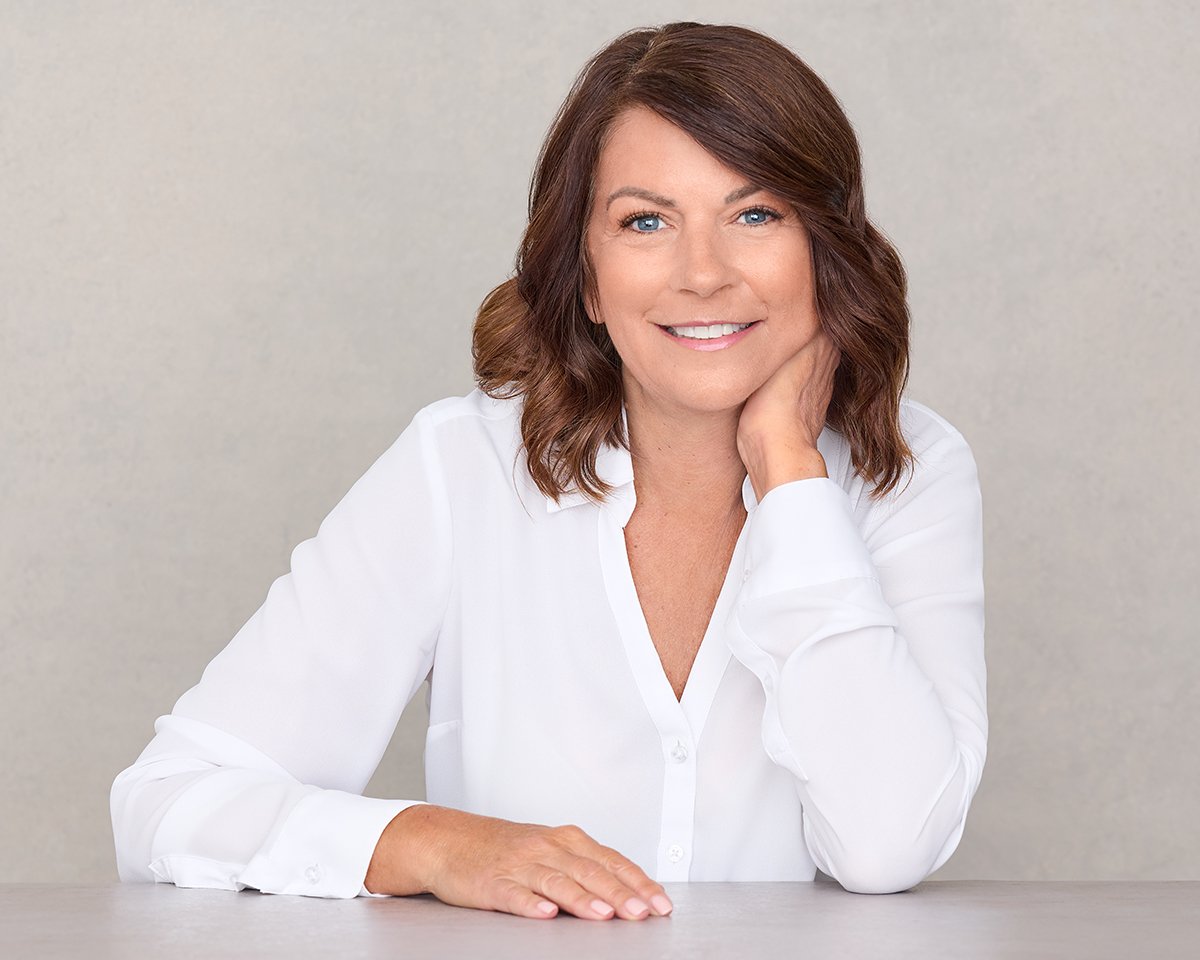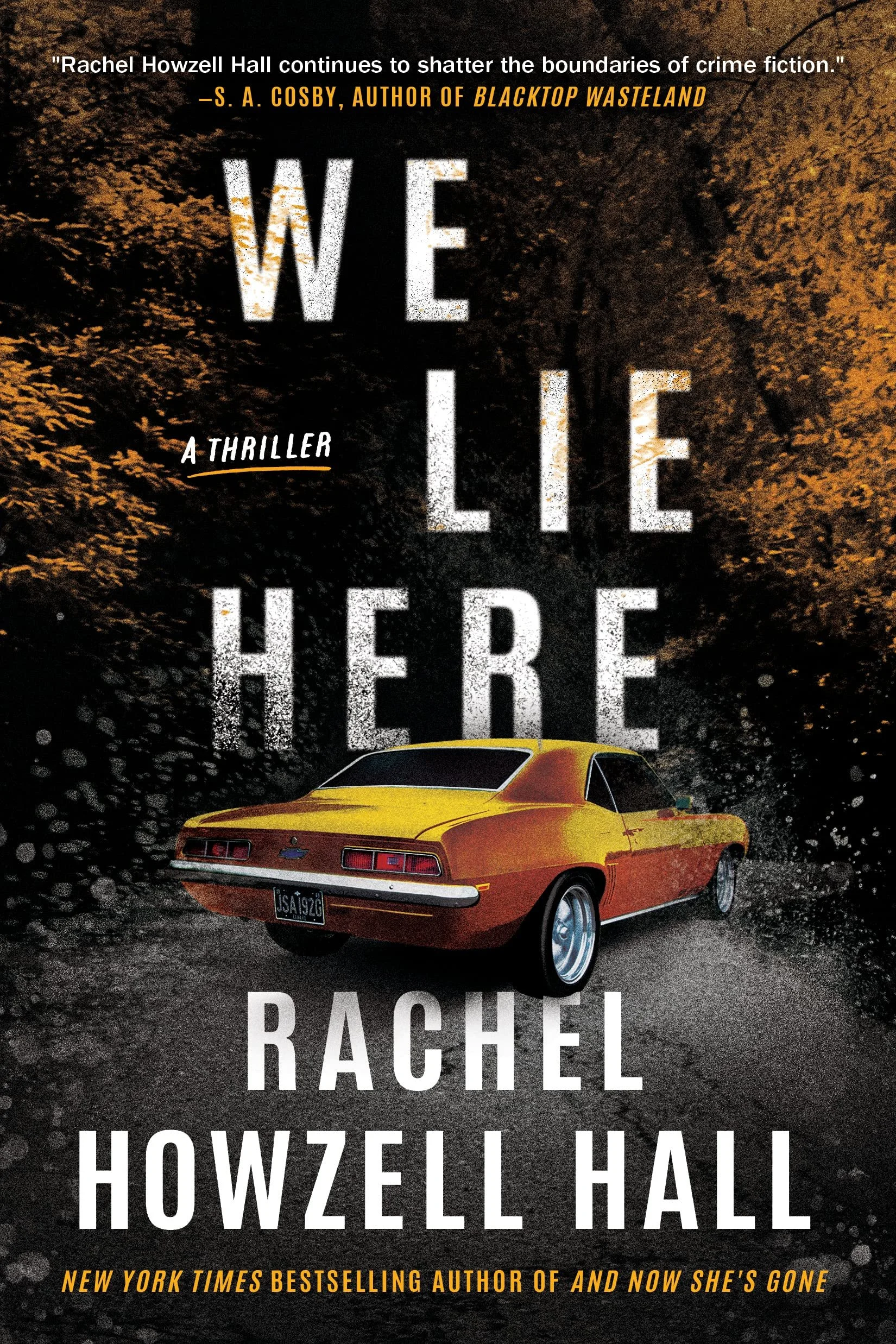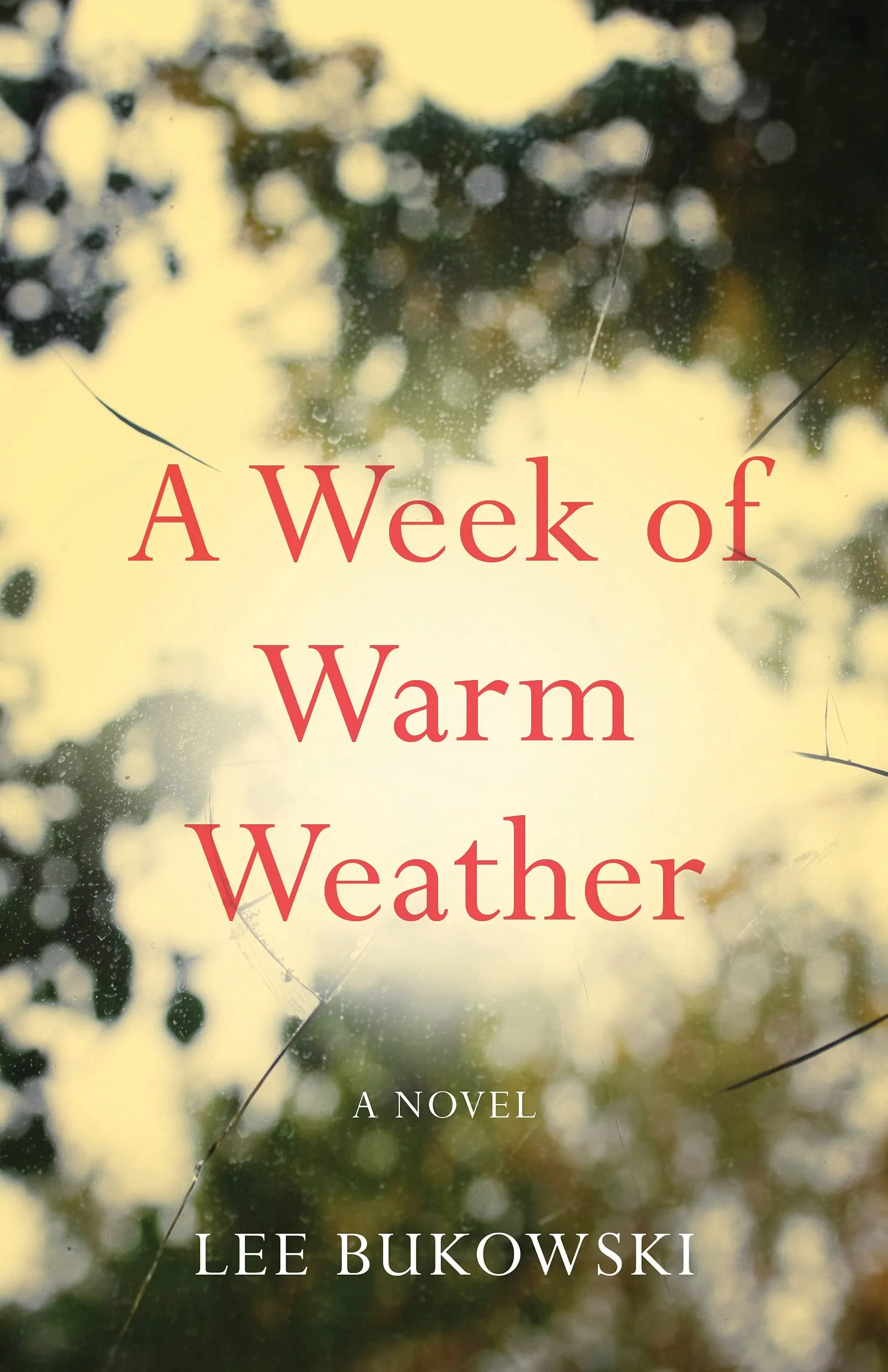Writing a Debut Novel
Writing a Debut Novel: A Guest Post by Lee Bukowski
Into the Deep End: Thoughts from a Debut Author
Somerset Maugham, English playwright and novelist, is credited with saying, “There are three rules for writing a novel. Unfortunately, no one knows what they are.” I laugh every time I see this because it is excruciatingly true. Most careers have training or intern programs. Not so with writing. Sure, there are mentors, instructional courses, and books filled with advice, but when it comes down to it, it’s just the writer and her computer.
So many people I meet tell me they have thought about writing a book. I know what they mean, but I don’t think they know what they mean. It’s one thing to think about writing a novel. Many people even jot down notes, create an outline, or even bang out a chapter or two. But they never sit down and actually do it. The reason is simple: The idea is appealing, but actually doing it is terrifying. I liken it to something we’ve all experienced as kids—jumping off the high diving board into the deep end of a pool. You know how it goes. First, you watch other kids do it. It looks cool, so you venture over and look up the ladder. You go up a few steps, but then back down. Eventually you climb up to the top, but you lose your nerve again and back down. Then, one day, if you’re one of the brave ones, you climb up, walk bravely to the end of the board, take a deep breath, and jump. That’s what writing a debut novel felt like to me.
In my case, though I’d spent years teaching junior high students how to write essays and stories, I knew writing a novel couldn’t be done in a weekend or over summer break. I had an idea for a women’s fiction story, but I had no clue how to turn it into a manuscript. In 2016 I took a leap of faith and left my teaching position to pursue a master’s degree in creative writing.
My master’s program at Southern New Hampshire University was comprised of twelve courses; the last two were thesis courses in which I had to complete the first 30,000 words of a novel. This propelled me to keep at it and complete my manuscript. Until that time, I’d write a few chapters, quit for weeks or months, write a few more chapters, and quit again. Though some of my peers dropped out of the program during those last two courses, they lit the fire under me that I needed to go the distance. I climbed that ladder and dove into the deep end.
Though I decided to get formal training in writing fiction, my life experience is what most influences my writing. Don’t get me wrong, the classes helped me hone the craft, but fumbling through life, meeting new people, and working in different settings contribute much more to my storytelling. The toxic boyfriend. The quirky colleague. The ride or die friend. The brutally honest mother. You know, all the people who take life from plain vanilla to chocolate-covered-with-whipped-cream-and-sprinkles-on-top. I finally began writing seriously when I was almost fifty. If I had begun, say, in my thirties, I would not have been able to add the layers to my writing that real life provides.
Writing is a solitary proposition, and every writer approaches it differently. I schedule my writing time as though it were a job—because it is! I try to write for several hours a day even if I am not happy with my day’s work. I figure I can always fix poor writing, but I can’t do anything with a blank page. I have one really old school habit: I create a narrative arc on a whiteboard. That allows me to erase and edit as needed. Another thing I love to do is go out into my community—coffee shops, bars, grocery stores—and listen to people talking. I don’t do this to eavesdrop; rather, I want to hear how real people converse. This helps me write authentic dialogue instead of conversations that sound scripted or overwritten.
My one hard and fast rule is that I don’t quit for the day unless I know exactly what I’ll begin writing the next day. I never stop if I’m stuck. For me, that is a recipe for disaster. It leads to my finding ANYTHING to do other than write. That’s when I notice the windows are dirty or my spices need to be alphabetized!
I’ve learned much as a debut author that will help me with subsequent books and that I share with aspiring authors. The most important thing is that everything a writer includes in a story must contribute to the overall plot. Readers get frustrated if authors introduce a character or subplot but then leave loose ends. They want to know how each character and event contributes to the whole. Another important point is, no matter how original you want your story to be, all quality fiction needs a central character who has a problem and someone or something trying to keep him or her from solving it. Period. Don’t try to reinvent the wheel.
It is crucial to understand is that writing is only part of the process. After the first draft comes feedback from beta readers. There is absolutely no way an author can critique her own work as an objective reader. Beta readers point out where timelines don’t make sense, POV is confusing, etc. Their feedback is invaluable. Then it is time for edits, revisions, more feedback, more edits, more revisions, and then the dreaded quest for representation.
After you’ve made all your revisions, it’s on to publishing, marketing, and publicity. That comes with its own set of quandaries. Will you query agents? Will you go the indie route? Self-publish? Do your research. The publishing model that is right for you depends on your writing and publishing goals. Add to that the painful reality that very few authors become best sellers. By now you might be asking yourself, “Why would I want to put myself through all that?”
If you know, you know.
Writing a Debut Novel: A Guest Post by Lee Bukowski





